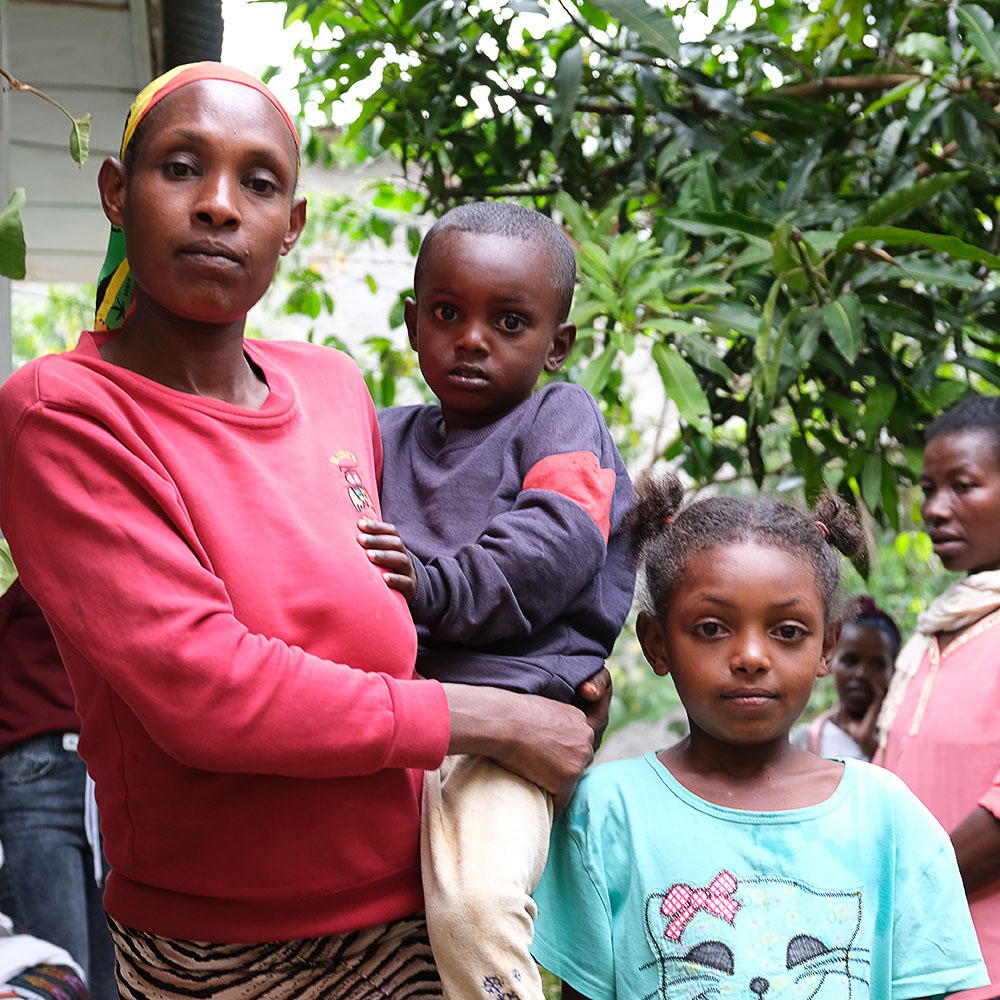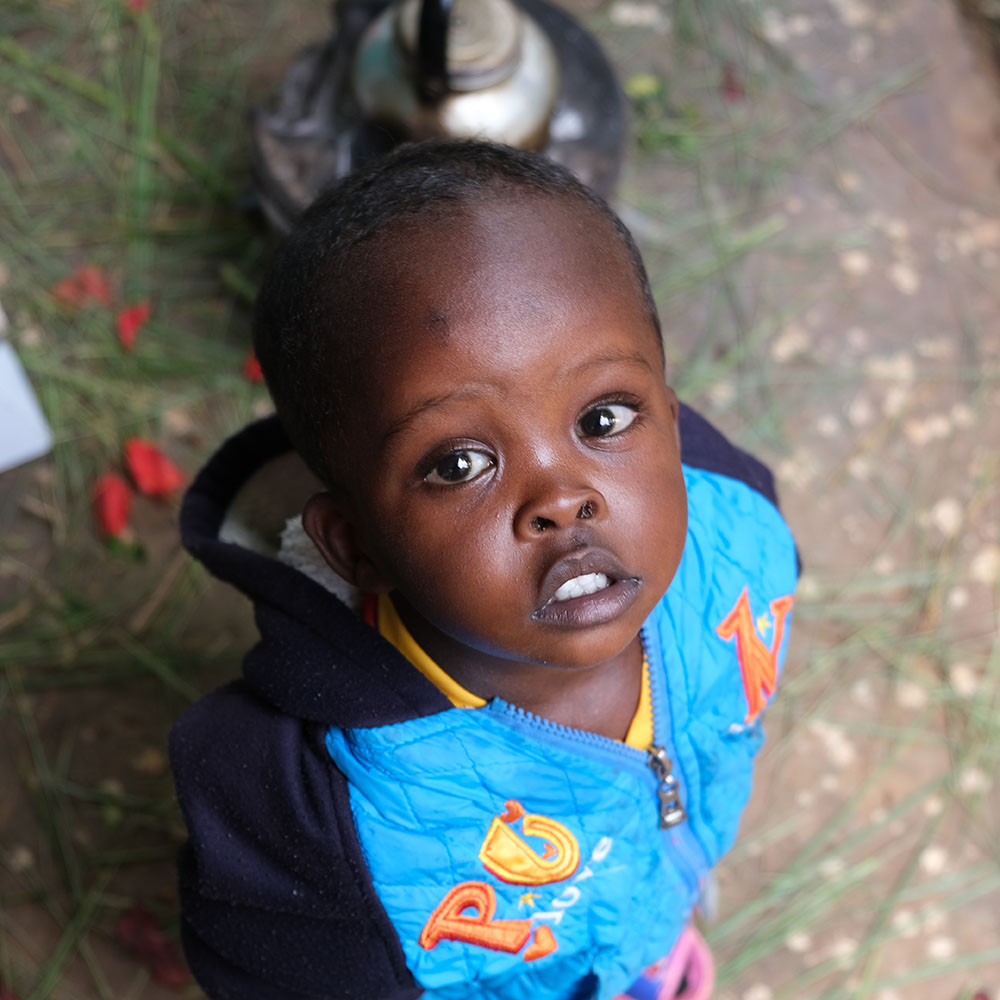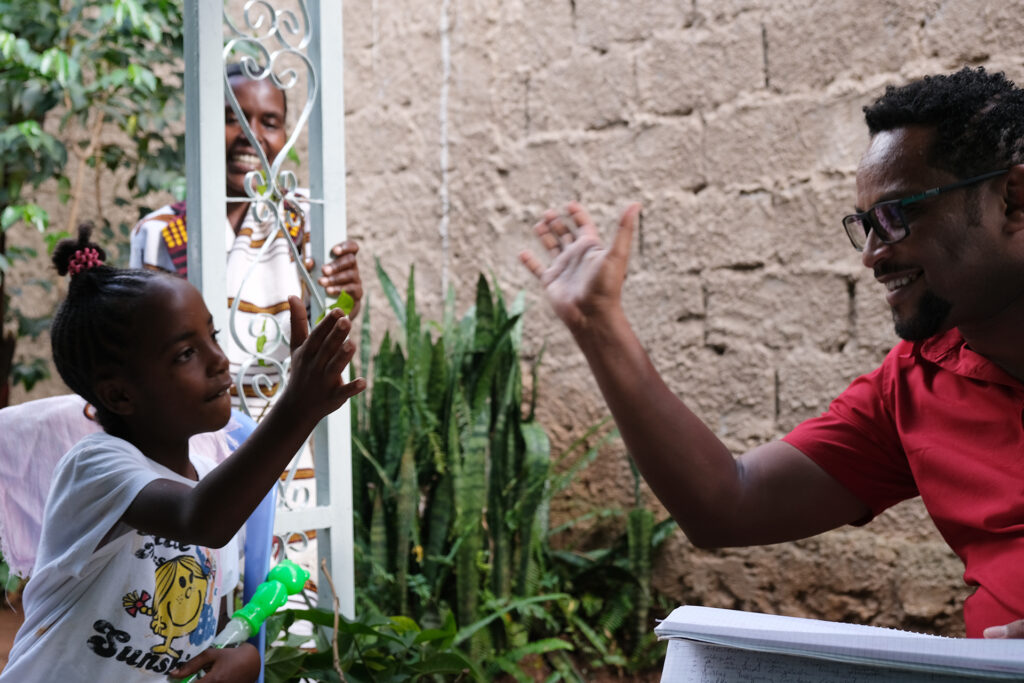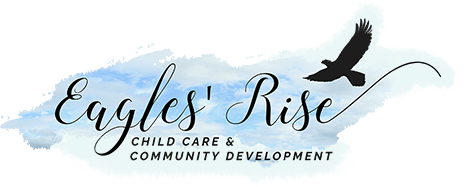For people living in developed countries, it is not always easy to understand why it is especially crucial to support orphaned children and widows.

Widows in Africa

Widowhood is a unique problem in Africa due to a combination of cultural, social and economic factors that create significant challenges for widows. In Africa, widows are prone to stigma and exclusion from their communities. This treatment is due to cultural beliefs that associate widowhood with bad luck, curses, or other negative connotations. This makes widows in Africa feel extremely isolated, discriminated against and mistreated. Widows are not entitled to inherit their husband’s property, which can leave them without a means of provision for themselves and their children. This can lead to poverty, homelessness, and other forms of hardship. Some African cultures have harmful traditional practices that affect widows, such as widow cleansing, where a widow is expected to have sex with a male relative or stranger to “cleanse” her of her husband’s spirit. This practice can put widows at risk of sexually transmitted infections, unwanted pregnancies, and other health problems.
Research has revealed that widows in Africa face discrimination and abuse. There are some instances where widows are viewed as cursed or responsible for their husband’s death, which can lead to social exclusion and mistreatment. Widows may also be subjected to harmful traditional practices, such as forced marriage.
Widows in Africa face multiple challenges, including limited healthcare access, property rights, social support, as well as harmful traditional practices, impacting their well-being across various dimensions.
Orphaned Children in Africa

Orphan problems are universal in nature and the magnitude of problem varies from one geographical location to another. Most orphaned children in Africa are in a difficult position, having to cope with conditions that are financially, socially and emotionally dislocating.
Most times they are left in the hands of relatives who are struggling to provide for the needs of their own immediate families. Subsequently, when the relative can no longer cope, the orphans suffer the most, often experiencing hunger and forced migration. Further consequences include dropping out of school and facing limited or no access to healthcare and social services. This has contributed to the increasing number of street children roaming in the cities. It is not uncommon that because of poverty they experience many mistreatments. To survive they find themselves in child domestic labour service and different kinds of exploitations. Especially girls become victims of sexual exploitation, prostitution and are forced early childhood marriage.
Orphaning in Africa mainly results from high adult mortality rates, and it remains common in areas ravaged by war or disease like HIV/AIDS. There are also cases when young ladies, by taking wrong steps in life, conceive children and either leave them in the hospitals or maternity hospitals and run away.
Orphaned children in Africa, the poorest continent in the world, face many struggles regarding poverty and many are left to fend for themselves.
Facts About Orphans in Africa
Source: International Journal of Management and Social Sciences Research (ISSN: 2319-4421)
*(https://borgenproject.org/)

